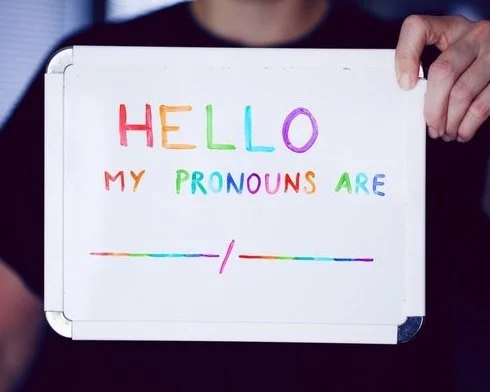Delayed onset PTSD is simply posttraumatic stress disorder that has surfaced, or been diagnosed six months or longer after the traumatic event has taken place. The symptoms for delayed onset PTSD are very similar in nature. Serving Boulder, Longmont and Denver.
Are Childhood Trauma and Eating Disorders Connected?
Is There a Connection Between Neurodivergence and Eating Disorders?
Neurodivergent people can struggle with eating disorders just like their neurotypical counterparts. But does that mean you’re more likely to develop one? Or do you just have a different relationship with food and eating? Are your irregular eating patterns different from eating disorders or are they the same thing and you just didn’t know?
How to Identify If a Child Is Questioning Their Gender
Depressed After College Graduation? You Aren’t Alone
Can Episodes of Depersonalization Be Caused by Anxiety?
Can Reparenting Yourself Help Ease Anxiety?
How to Stop PTSD Nightmares
Healing From Birth Trauma
Understanding the Lasting Effects of Birth Trauma
4 Ways to Deal With Anxiety As a POC
BIPOC carry additional risk factors compared to the average white American impacting onset of anxiety. Top that with certain stigmas that are carried as well; it can be hard to navigate and feel very lonely. Learning how to manage anxiety when it occurs is key to getting through it. Here are some ways to start.
Why do we have emotions?
Many of us were taught not to listen to our emotions or our bodies, and that we were supposed to rule them with our minds. This cut many of us off from these sources of wisdom, guidance, and protection. Women are often told we’re too emotional and that’s why we can’t be in leadership. Men are often taught that being too emotional is a weakness. But from this perspective, couldn’t we take being emotional as a compliment?















